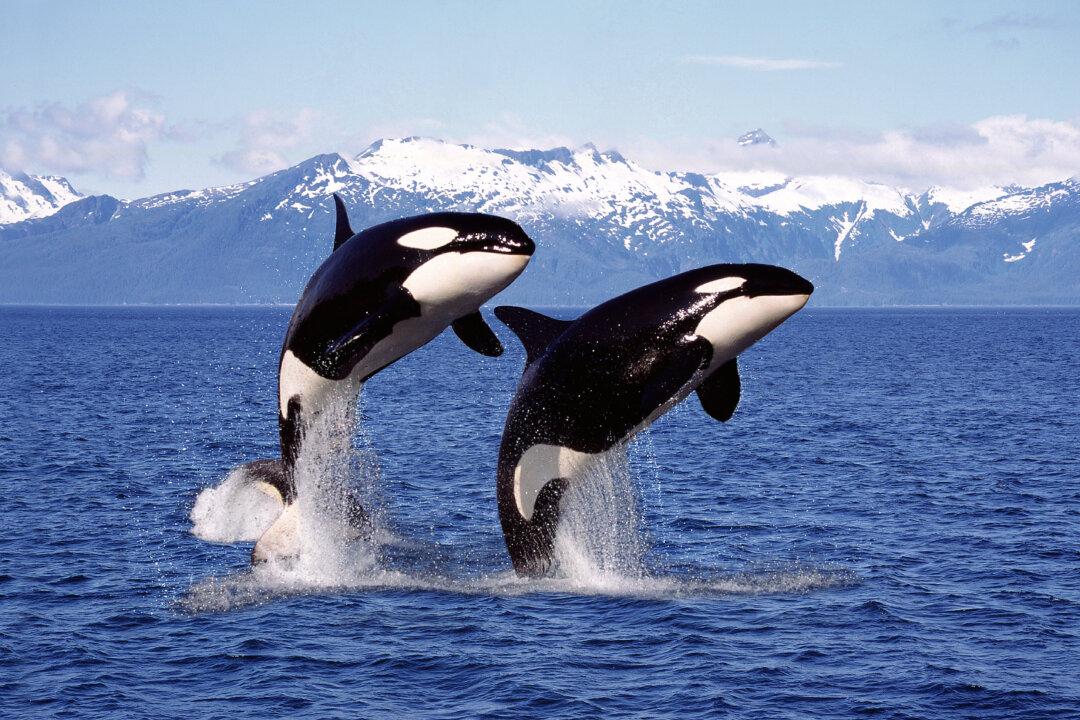A fine has been issued for the first time in Canada for the illegal operation of a drone to record footage of killer whales.
A probe carried out by fishery officers from the Fraser Coastal Detachment of Fisheries and Oceans Canada’s Whale Protection Unit in B.C. has led to “a hefty fine” for a film company and its drone operator for the unauthorized operation of a drone near northern resident killer whales, according to a government press release.





